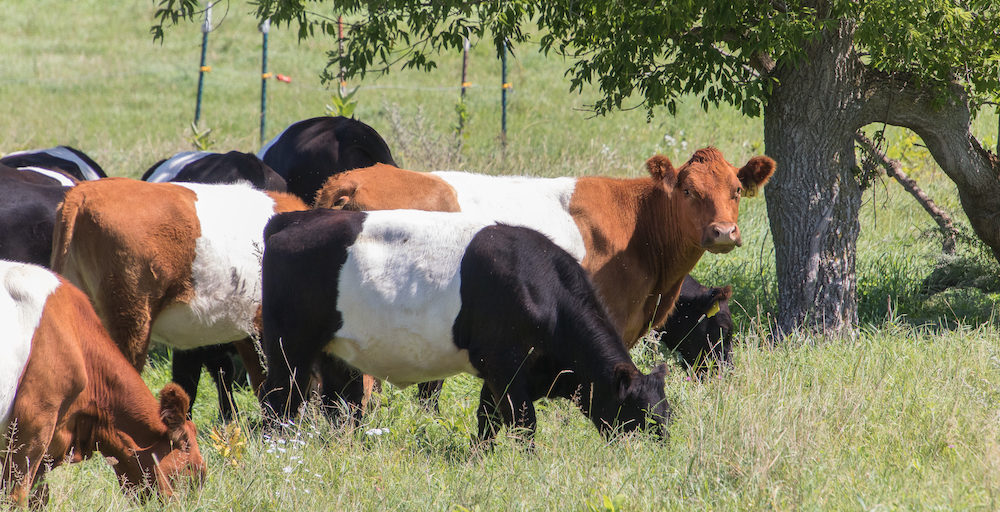
 First, they served in posts and on battlefields across the globe. Then, they came home and are now striving to bring their skills and energies to America’s agricultural system. They are veterans working to reshape our food system as they build soil health, grow vegetables and crops, and raise livestock in rural communities in every corner of the nation.
First, they served in posts and on battlefields across the globe. Then, they came home and are now striving to bring their skills and energies to America’s agricultural system. They are veterans working to reshape our food system as they build soil health, grow vegetables and crops, and raise livestock in rural communities in every corner of the nation.
This podcast features our Deep Roots Radio conversation with Sarah R. Cope, retired United State Marine Corp, and President of the Wisconsin Chapter of the Farmer Veteran Coalition. She served 31 years, which included completing three combat deployments to Iraq and one combat deployment to Afghanistan. Fifth-generation military, Cope retired as a Lieutenant Colonel in 2016, but continued serving with several Federal agencies until January 2020.
Today, Cope lives in Wisconsin and farms 40 acres with her wife Heather Schumann and their five children. She brings this experience and perspective to the veteran farmers in Wisconsin.
In this interview, she mentions websites that may be of help, including a Facebook page, https://www.facebook.com/farmerveterancoalition, and a link to the Ag Solidarity Network. You can also link to the national FVC organization here.
I hope you enjoy this interview.

















